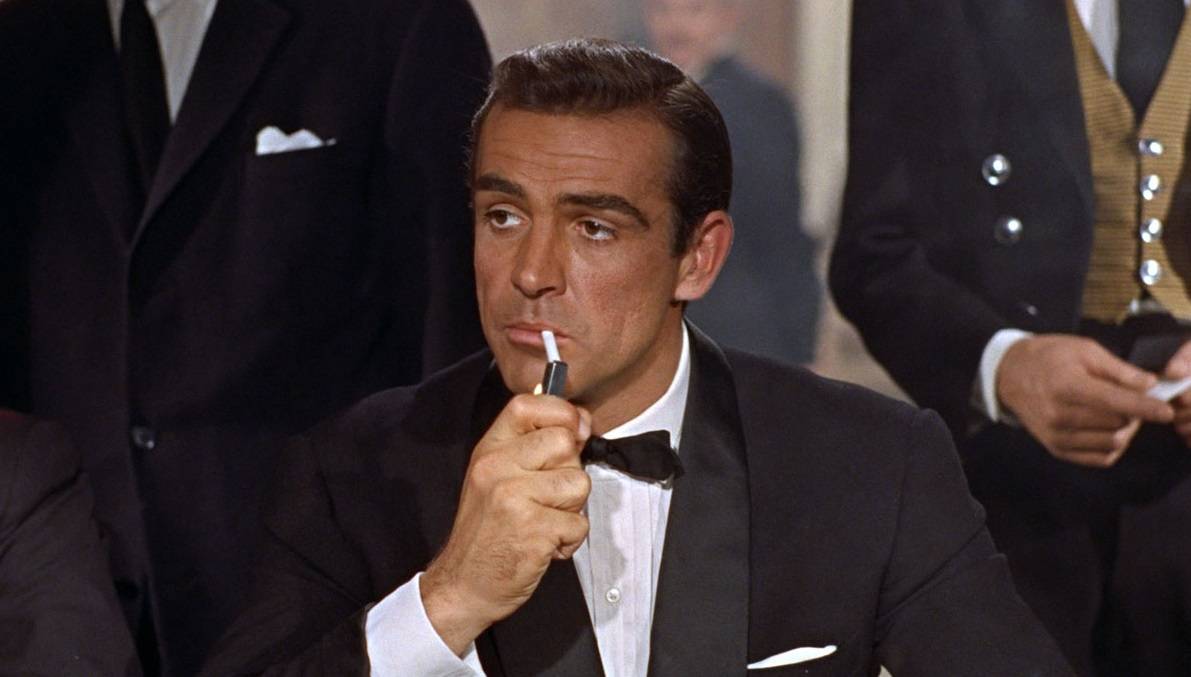Israeli-American director Boaz Yakin’s latest film ‘Aviva‘ is an arresting piece of cinematic telling. It formulates a strange mix of meta-cinema, performance art, and relationship drama by deconstructing narrative conventions. Yakin uses sexuality and dance to express desires, longing, jealousy, love, and every other feeling that a human body feels or goes through in life. In doing so, he also dislodges and rejects gender conventions by enticing us into a gender-fluid enigma that is as much about the relationship we have with others as it is about the one we have with ourselves.
The film opens with elements of the film within the film scenario. The crew members, the narrator, and the characters are introduced in quick succession. It is like a ritual of laying the foundation that the narrative isn’t going to follow any of the set rules of filmmaking. We see that the lead character of Eden is played by a man (Tyler Phillips) but is narrated by a woman (Bobbi Jene Smith). To make things a little more confusing, director Yakin shifts the convention for the titular roles of Aviva too. A Persian woman (Zina Zinchenko) whose soul is characteristically portrayed by a man (Or Schraiber).
Related to Aviva – La La Land [2016]: The Melodious Joy of Feeling
We are soon made aware of more facts as the film progresses. A narration introduces us to Aviva – a young woman who begins online dating Eden – a New Yorker. Their separate reactive triggers are represented by elaborate dance sequences while their bodies and narration feature a constant shift between the male and female egos. I guess in many ways, Yakin is trying to demystify the entire male-female dynamic by dissolving the already fluid gender stand of his dance-drama. He focuses on the central love story between Aviva and Eden but is more intrigued by the masculine and feminine energies that drive each one of them.
It is a strange place to be if you consider that you have to constantly shift the focus as to which characters are taking the charge and whose perspective you should consider to the final nail in the coffin. But, after a while, you understand that it’s exactly what Yakin is trying to break here. His meta-narrative is a strong message in itself. One that can be deciphered with sequences that cancel each other out. The relationship at the center of the film goes through an entire trajectory of emotions. Their sexuality and earnestness to reconcile and formulate into one is something that Yakin is more interested in.
With Aviva, director Boaz Yakin lays bare the inner experience of being in a relationship. When everything that a person is physically and emotionally going through is out in the open, there’s a chance that you understand the reason for heartbreak, desire, and need a little better. However, because of focusing on multiple elements and how they can fit right into the narrative, Yakin’s overt choices occasionally feel very futile and pretentious. There’s a lot of ‘sexy-sex’ implied here but the reason for the explicitness of it is not worthy of the number of times it is shown.
Related to Aviva – Climax [2018]: ‘MAMI’ Review – The Greatest Cinematic Experience of the Year
I think it is a bold choice to choose the medium of film, theatre, dance, and music to showcase the emotions that Eden and Aviva go through. Especially the way they have been shown to fall in love over words. In the modern world, this feels more relevant than it would have 5 years ago. This is why, you can understand the expressive medium – which is occasionally shown through the canvas of breathtakingly choreographed dance sequences. However, there’s again a slight lag there. The pretentiousness comes to the surface when a group of young boys start rapping out of nowhere and storm into an elaborate dance sequence. The director later self-implicates and says that ‘He hates musicals‘ and that number was there just for the heck of it.
I do not buy into a meta-narrative that is constantly trying to prove how ‘woke’ it is. It just takes away the edge of it and then you are looking for trouble at every hook and corner. The relationship at the center of the film is off course the main aspect of this tale but it is often subsided to showcase how cool the cinematography and the dance numbers are. Which, in my opinion, are breathtaking and full of raw energy. However, within the confines of this story, they don’t always serve as a release or mere understanding of emotions for a layman like me. They aren’t always placed at the right moment in time and when they feature a heartbreaking side to it, it doesn’t always come out the way the director intends.
This is, in no way, a negative about the film. This is most definitely a film filled with bold choices. Bobbi Jene Smith who plays the part of the Woman side of Eden and also does most of the choreography here is superb. The way she sifts gears between the ego, the alter-ego and the central leaf of a dance sequence feel more seamless than the film itself. This must be because she has dancing, acting and direction all rolled up in her resume. Aviva, when played by the beautiful Zina Zinchenko, comes up as a sexy metaphor for a cross-nation love-lust scenario. The feelings are intermitted and something feels lost in translation. The same goes for Or Schraiber and Tyler Phillips who are only occasionally good in a role that could have used more emotional involvement.
Also, Read – Ema (2019) ‘Venice’ review – Love and dance delirium of Millennials?
Overall, Aviva is a film that tries something truly original. It’s the fluidity of making the gender dynamic so cushy that makes up for most of the flaws we have in other departments here. I just wish the emotions were expressed in a manner that made me feel more about the characters and their journeys. I am sure, a few more experiments later, Boaz Yakin would be able to achieve something that truly stands out. Sadly, I don’t think Aviva does it perfectly.
★★★
Watch the Aviva Trailer
Aviva Links – IMDb, Rotten Tomatoes

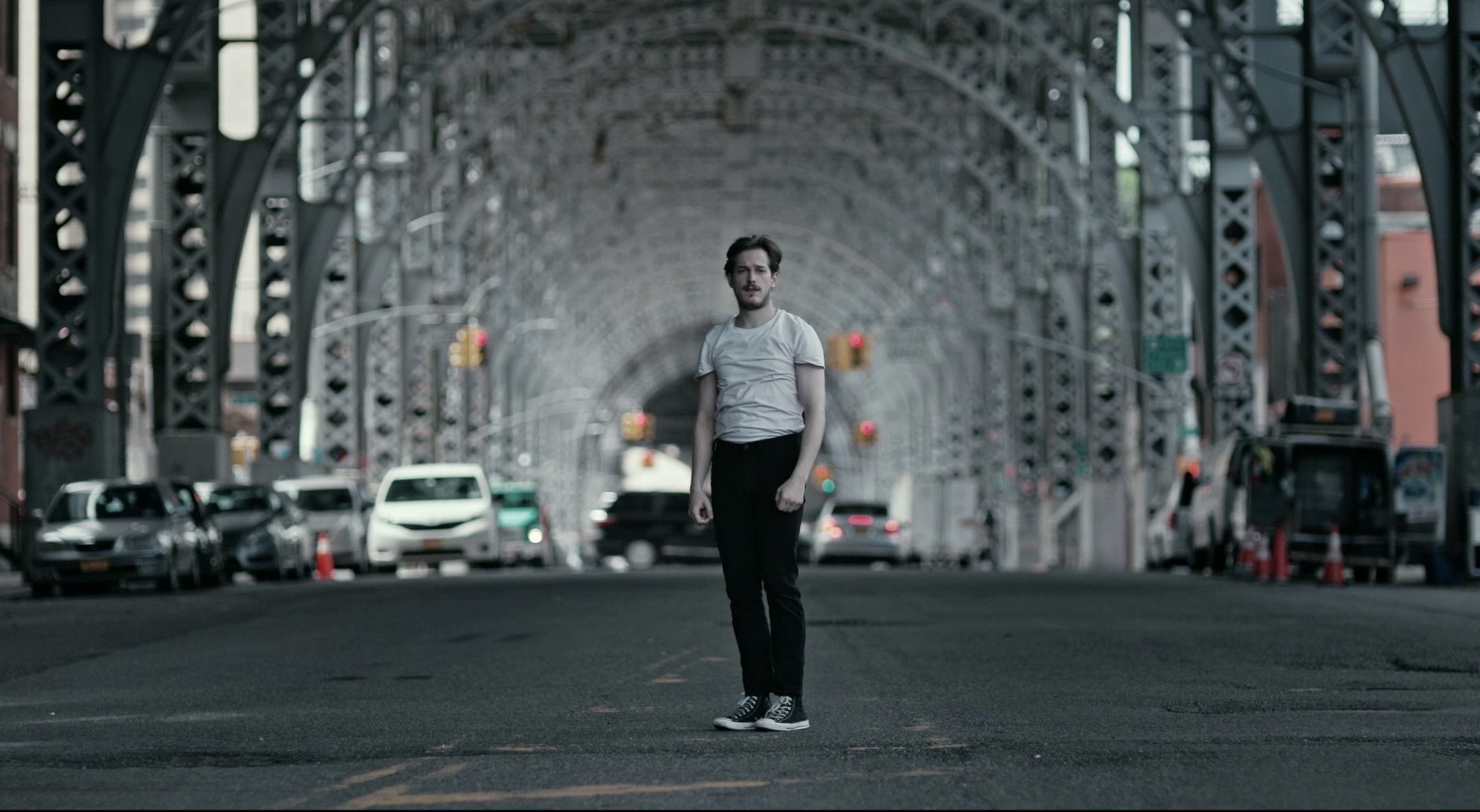
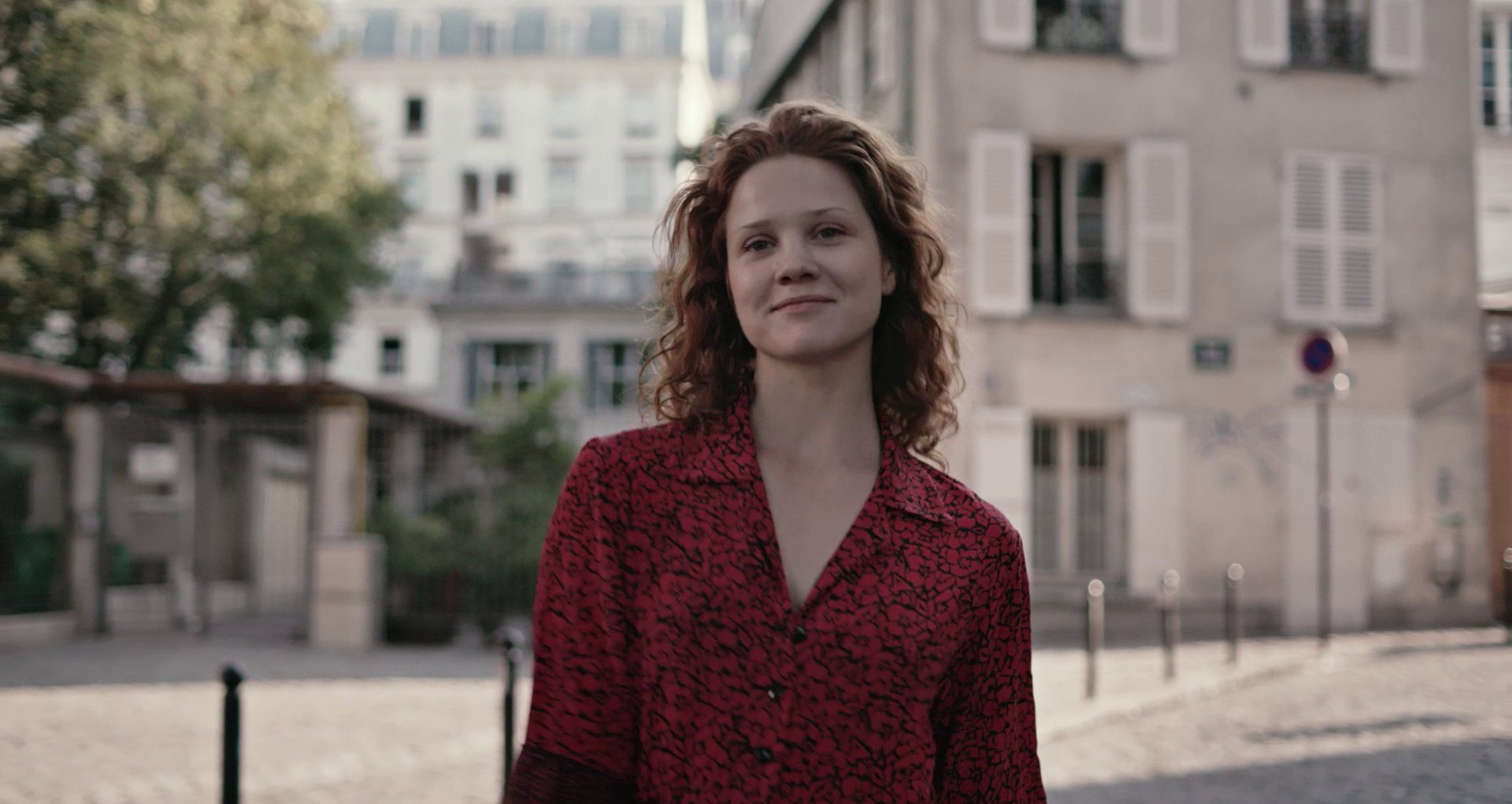
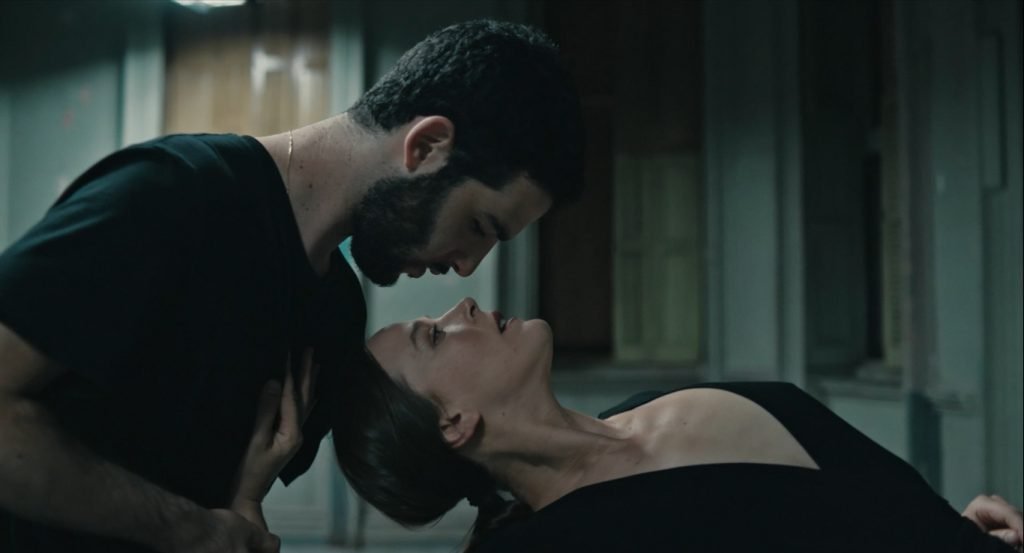
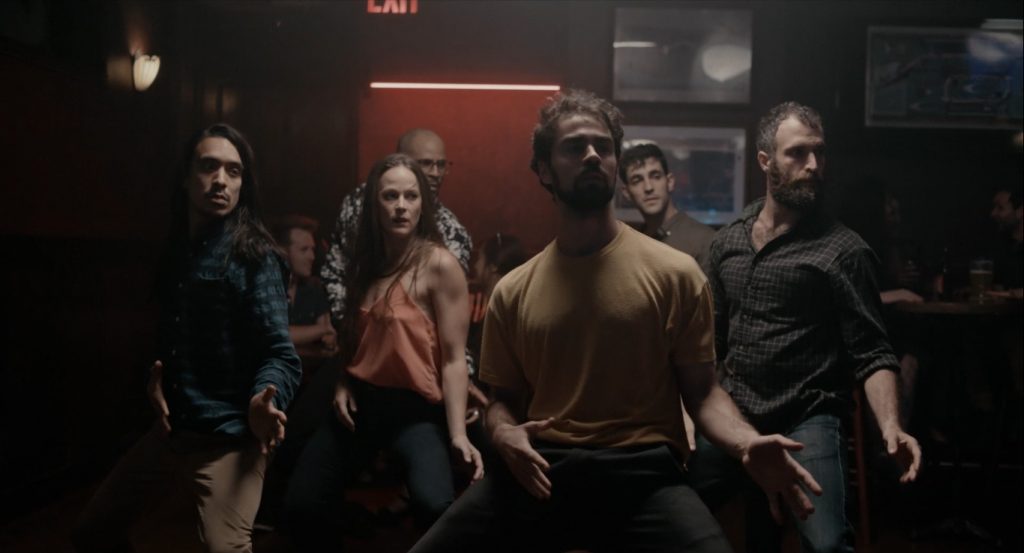


![The Last Days of Capitalism [2021] Review – A frustrating yet convincing take down of white privilege](https://79468c92.delivery.rocketcdn.me/wp-content/uploads/2021/10/The-Last-Days-of-Capitalism-2-768x432.jpeg)
![The Righteous [2022] Review: A Strong, Thinking piece about Religion and Faith that falls just short of the mark](https://79468c92.delivery.rocketcdn.me/wp-content/uploads/2022/06/The-Righteous-2021-e1654525899670-768x512.jpg)
![Newly Single [2018] Review – A Run-of-the-Mill Take on What Happens after the ‘Break-Up’](https://79468c92.delivery.rocketcdn.me/wp-content/uploads/2018/12/Newly_Single_HOF3-768x322.jpeg)
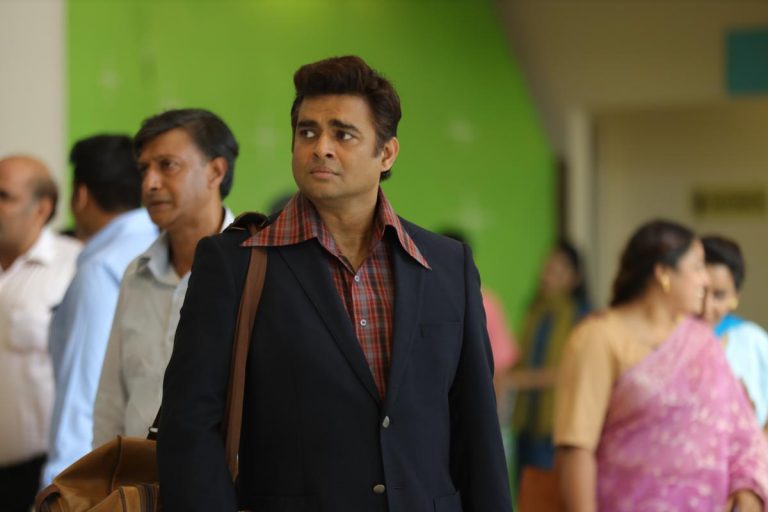
![Chuskit [2019] ‘LIFF’ Review: Victory through Conflicts and Courage](https://79468c92.delivery.rocketcdn.me/wp-content/uploads/2019/06/Chuskit-2019-768x512.jpg)
